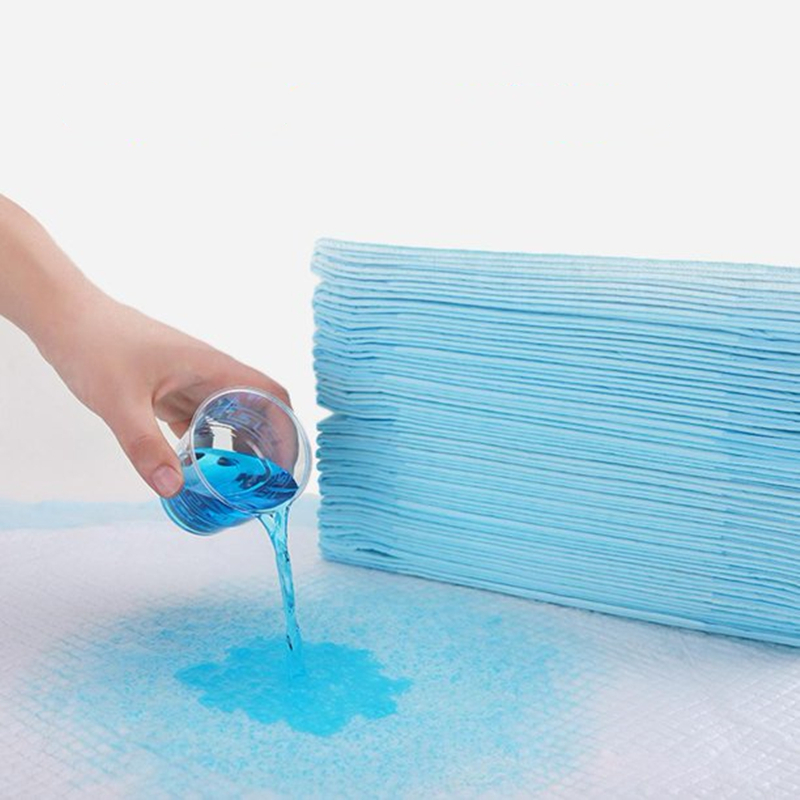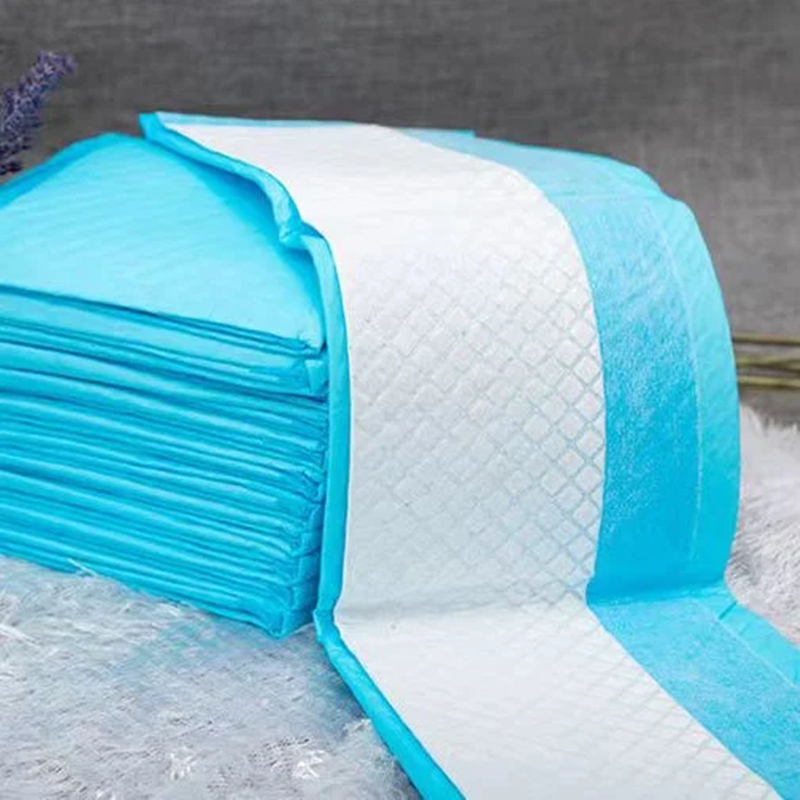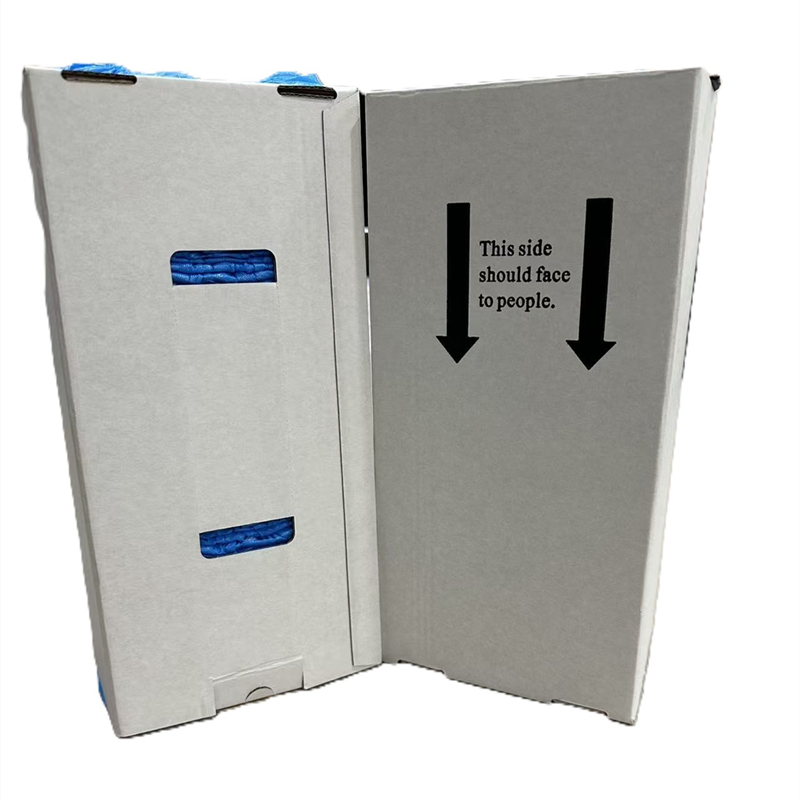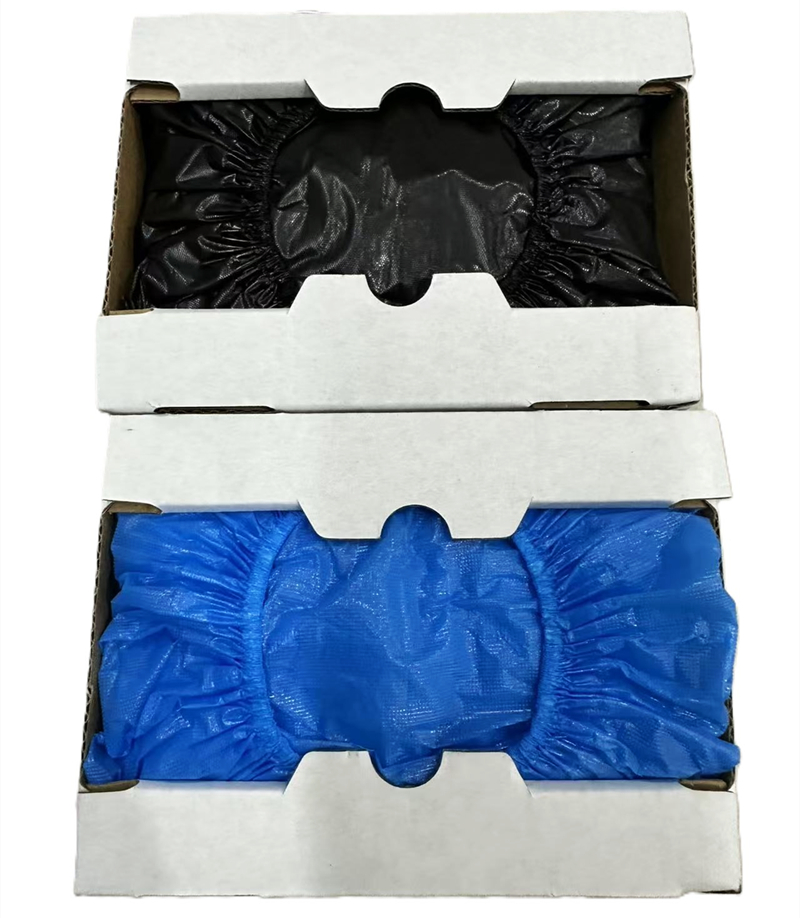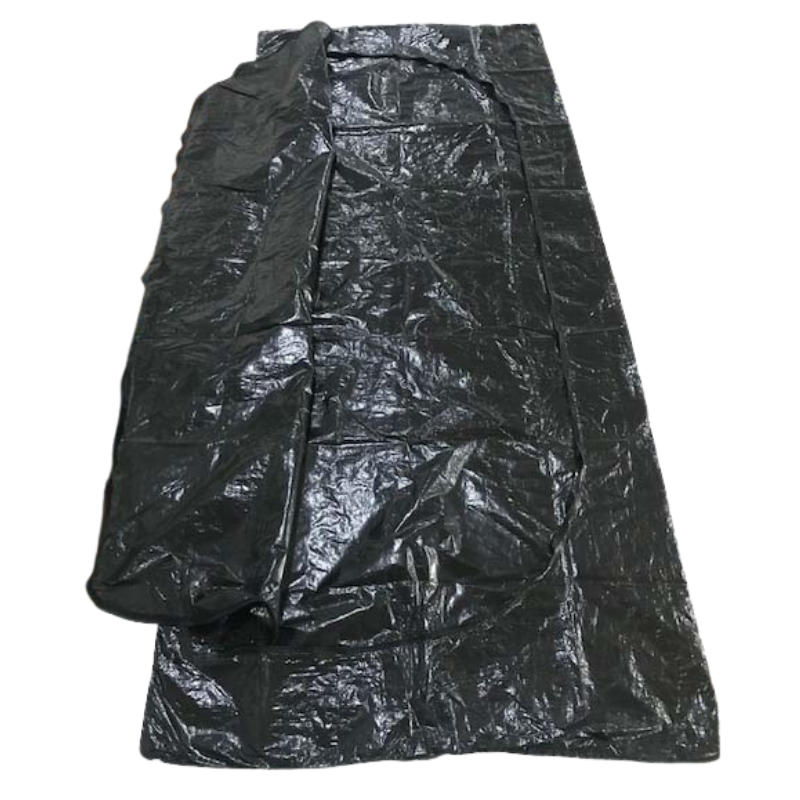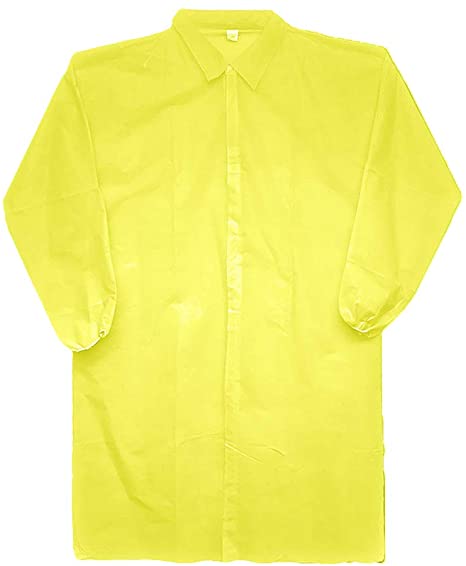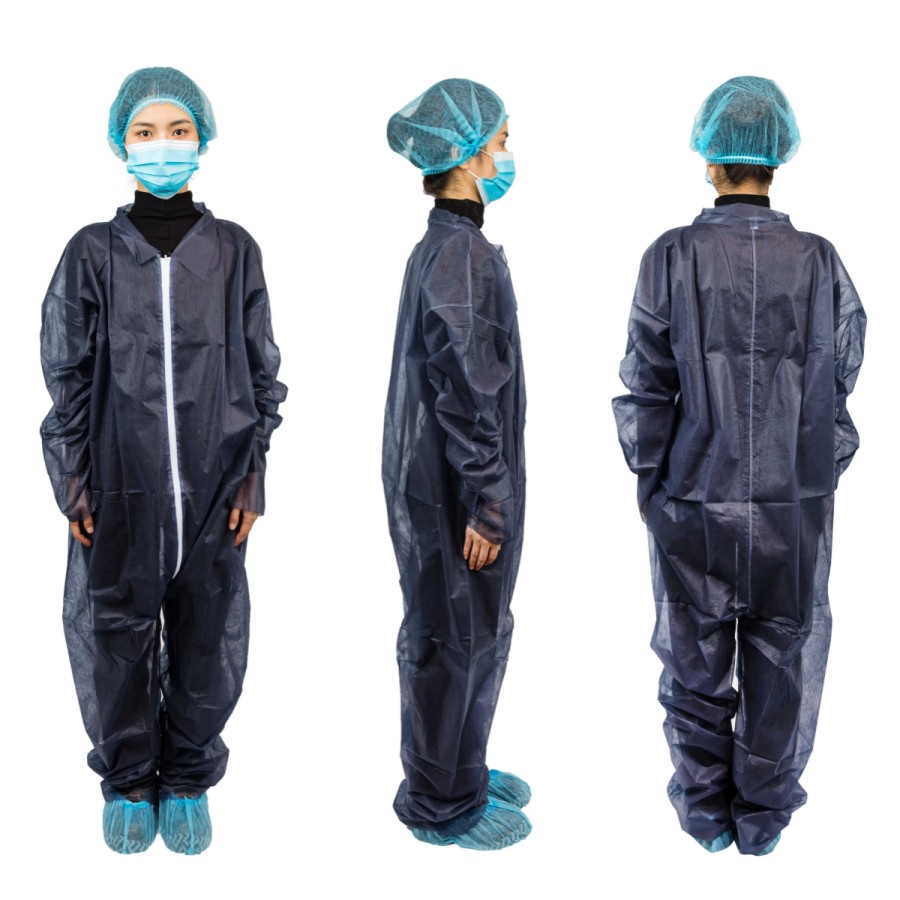The word “chux” comes from the idea to “chuck” the pad after use. In hospitals and nursing care, people wanted a short name for disposable underpads. Staff began to say chux pads. Over time, the name stuck. Today, many people also say underpads, bed pads, disposable bed pads, or even blue pads. All these names point to the same goal: keep beds and chairs clean, dry, and easy to reset.
Here is why the name stayed common:
- Single use: you chuck it when soiled
- Fast cleanup in incontinence care and medical use
- Simple, short word that people remember
- Clear link to disposable underpads for beds and chairs
A chux pad has layers that manage liquid well. The soft top sheet pulls wet down fast. The absorbent core often uses fluff pulp and super absorbent polymer (SAP) to lock in liquid. A tough leak‑proof backing blocks soak‑through. Sealed edges help stop side leaks. Many add odor control for fresh air. Some include adhesive strips so the pad stays put on smooth floors. A quilted pattern can spread liquid to boost absorbency. After use, fold the wet side in, then chuck the pad. Quick. Clean. Simple.
People use chux pads in many spots. In incontinence care, they protect mattresses, seats, and stretchers. In medical use, they help during dressing changes and other clean tasks. You may also see underpads on exam beds and changing tables. Pads come in small, medium, large, and extra‑large sizes. Pick the absorbency level and size that match the job and the space.
So, why do we still say chux pads? The name tells the main point: this is a disposable underpad you chuck after one use. If you are choosing pads, look for a soft top sheet, a strong fluff pulp + SAP absorbent core, a solid leak‑proof backing, tight sealed edges, and real odor control. Add adhesive strips if the floor is slick. With the right pick, you keep surfaces dry and make cleanup fast.
